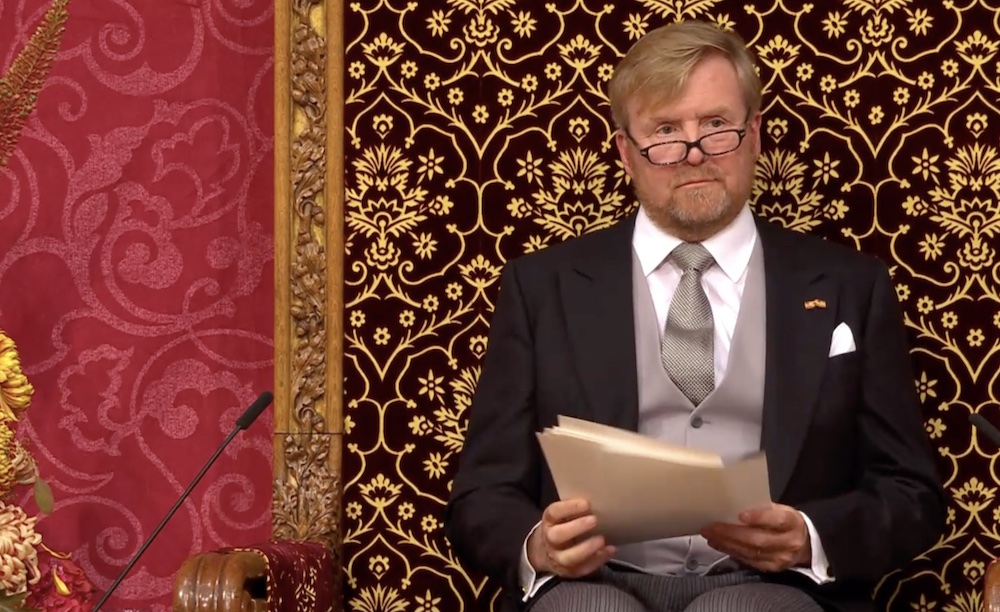Pieter Omtzigt and Sophie Hermans debate the economic feasibility for single earners.
The day after Budget Day, Dutch politics continued with the General Political Considerations, a debate focused on the Budget Memorandum and the government's future plans. Pieter Omtzigt was diametrically opposed to Sophie Hermans of the VVD on a number of crucial points, including economic feasibility for single earners. Omtzigt argued that single earners have less to spend than people on social assistance. A point that put the debate under high tension and raised the question of how equality and fairness can be guaranteed in the new fiscal year.
The car, once a symbol of freedom and independence, is becoming increasingly less accessible to a large group of Dutch people. For single-income families, a car is simply no longer part of the basic package. Omtzigt emphasized this by stating that the minimum wage is no longer sufficient to pay for a car. This is a statement that has not only social, but also economic consequences, because for many people a car is essential to go to work.
"The car is not part of the basic package and the minimum wage does not provide for a car. That is no longer possible for a family with a single income."
Sophie Hermans - VVD
While the discussion about social inequality was in full swing, the government also presented changes to motor vehicle tax. RV owners will face a significant increase. Until now they paid a quarter of the standard rate, but from next year that will be half. This measure has to do with the fact that campers are mainly used for holidays and weekend trips, but it raises questions about the fairness of this tax increase.

Traffic fines will increase by 10 percent, of which almost 6 percent is attributed to indexation and more than 4 percent as an additional increase. This adjustment comes on top of a budget that already assumes significant government expenditure: expected to be more than 430 billion euros against income of almost 403 billion euros. The budget deficit therefore amounts to 2,9 percent of gross domestic product (GDP).
vintage cars
What also attracted attention is the future adjustment in the motor vehicle tax for older cars and vehicles that run on alternative fuels such as LPG, CNG and LNG. Vintage cars aged 40 years and older will retain their exemption until January 1, 2028, but the scheme will be limited to cars built before 1988. In addition, the lower fuel surcharge for cars running on CNG, LNG or certain types of LPG will end on January 1, 2026.
The General Political Reflections exposed a wide range of issues, from social justice to fiscal sustainability. While the debates continue, the question remains whether the new measures really pave the way for a fairer and more sustainable Netherlands.



